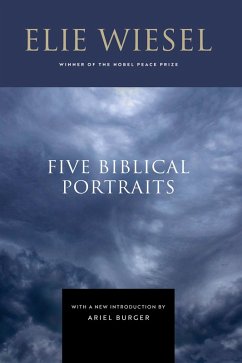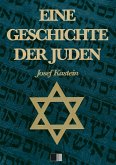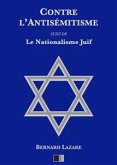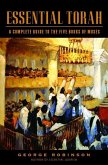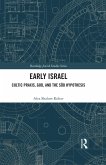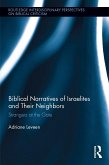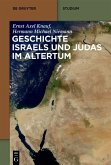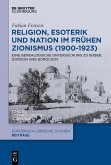Nobel Peace Prize-winner Elie Wiesel brings ancient religious leaders to literary life, framing his commentary with pressing and enduring questions as a survivor and witness to the Holocaust.
Five Biblical Portraits represents an old-new approach to Jewish textual commentary. This sequel to Elie Wiesel's Messengers of God continues the work done in that volume of bringing religious figures to life and studying their place both in the text and in our lives. Wiesel reflects on his own life as well as the tragedy of the Holocaust as he discusses each figure and adds personal framing and insight into the religious study. Through sensitive readings of the scriptures as well as the Talmudic and Hasidic sources, Wiesel illuminates Joshua, Elijah, Saul, Jeremiah, and Jonah. He seeks not simple answers but fully complex responses to the crucial questions of human suffering as he examines each religious figure in turn.
Originally published in 1981, this new edition of Five Biblical Portraits includes a new text design, cover, and an introduction by Ariel Burger, which examines how Wiesel's post-Holocaust Midrash teaches us not only how to read the Bible but also how to read the world.
Five Biblical Portraits represents an old-new approach to Jewish textual commentary. This sequel to Elie Wiesel's Messengers of God continues the work done in that volume of bringing religious figures to life and studying their place both in the text and in our lives. Wiesel reflects on his own life as well as the tragedy of the Holocaust as he discusses each figure and adds personal framing and insight into the religious study. Through sensitive readings of the scriptures as well as the Talmudic and Hasidic sources, Wiesel illuminates Joshua, Elijah, Saul, Jeremiah, and Jonah. He seeks not simple answers but fully complex responses to the crucial questions of human suffering as he examines each religious figure in turn.
Originally published in 1981, this new edition of Five Biblical Portraits includes a new text design, cover, and an introduction by Ariel Burger, which examines how Wiesel's post-Holocaust Midrash teaches us not only how to read the Bible but also how to read the world.
Dieser Download kann aus rechtlichen Gründen nur mit Rechnungsadresse in A, D ausgeliefert werden.

